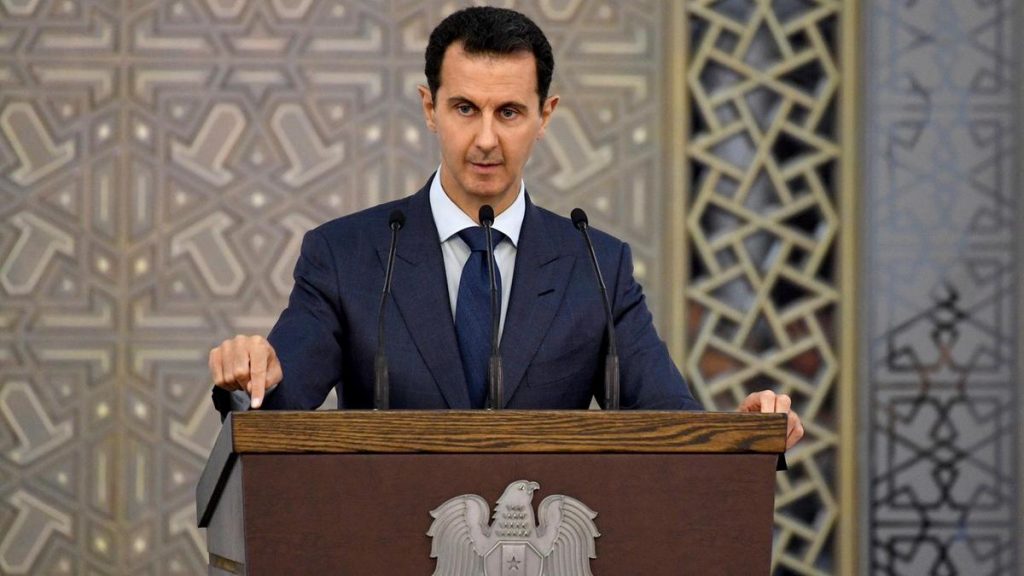Beirut: Syrian President Bashar Assad arrived in Moscow Tuesday, where he is scheduled to meet top ally Russian President Vladimir Putin.
Russia is a main backer of Assad and has a broad presence in Syria, where a 12-year uprising-turned-civil war has killed nearly half a million people and displaced half the country’s pre-war population. Moscow has played a pivotal role in fighting back armed opposition groups trying to topple Assad’s government through its military support and has also aggressively backed Damascus against opponents at the United Nations.
The Kremlin confirmed Tuesday that Putin will meet with Assad Wednesday — the anniversary of the conflict — in a statement carried by Russia’s state news agency Tass.
According to the statement, “further development of Russian-Syrian cooperation in the political, trade, economic and humanitarian spheres, as well as the prospects for a comprehensive settlement of the situation in and around Syria,” will be on the agenda.
Assad was received by Putin’s special representative for the Middle East, Mikhail Bogdanov, at Moscow’s Vnukovo international airport.
Prior to a deadly February 6 earthquake that killed 50,000 people in Turkey and Syria, Russia had been mediating talks between the two quake-hit countries.
Turkey and Syria have been on opposite sides in Syria’s civil war for over a decade. Turkey continues to back armed opposition groups that control a northwestern enclave in northwestern Syria. In December, Moscow hosted surprise talks between the Syrian and Turkish defense ministers.
Syria since last summer has recognized the Russian-controlled Luhansk and Donetsk regions in eastern Ukraine as independent and sovereign entities.
The Syrian, Turkish and Russian deputy foreign ministers as well as a senior adviser to their Iranian counterpart are also set to hold talks Wednesday and Thursday in Moscow to discuss “counterterrorism efforts” in Syria.
AP





